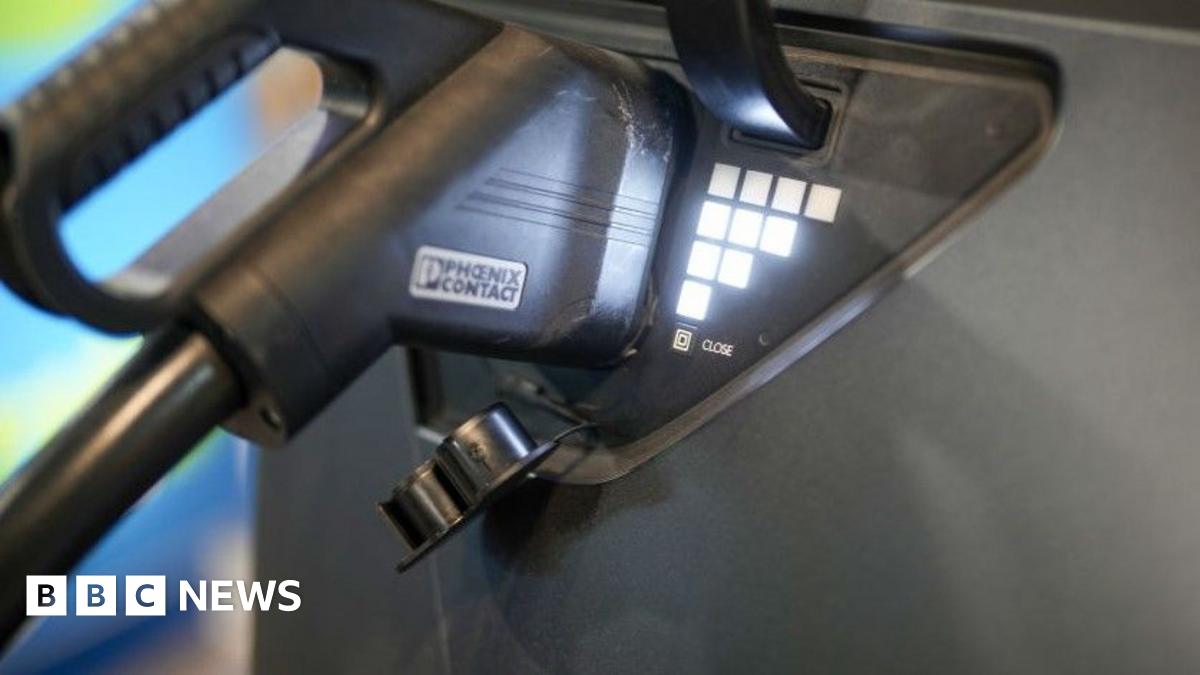For people in the market for a second-hand EV who are plagued by battery anxieties, however, Austria-based firm Aviloo says it has a solution. “We really can, completely independently, determine the state of health of a battery,” says chief product officer, Patrick Schabus.
Aviloo is one of several battery analytics businesses in the market. The company, which provides battery health certificates for major UK outlet British Car Auctions, offers two products.
There’s a premium test, where EV owners plug a data logging box roughly the size of a glasses case into their car so that it can monitor battery performance while they use the car over a few days, going from 100% charge down to 10%.
Or, they can opt for a quicker flash test, which uses a different box to suck up data from the car’s battery management software and then analyse it with the help of a computer model. “We can do this at a standstill in under two minutes,” says Mr Schabus.
The premium test observes battery discharge closely, picking up fluctuations in current or voltage, and can reveal extra detailed information about the health of individual cells in the battery, says Aviloo.
Marcus Berger, Aviloo’s chief executive, says his company’s analytics results sometimes diverge “substantially” from the battery SOH percentages produced by some cars’ own built-in analytics systems.
He challenges conventional wisdom, external that batteries with an SOH below 80% are too far gone: “An EV with a state of health below 80% can still be a great car… It just needs to be priced [appropriately].”
